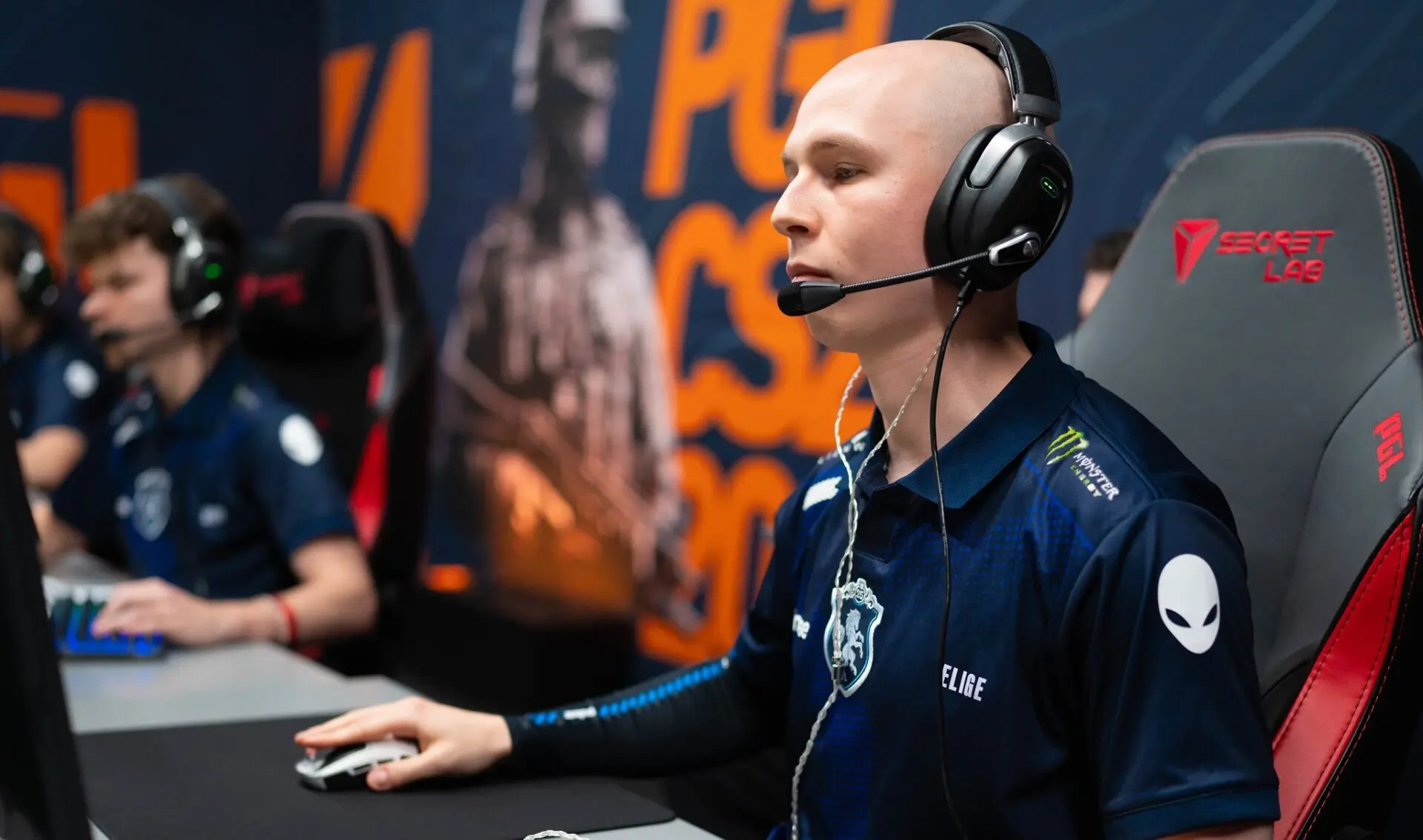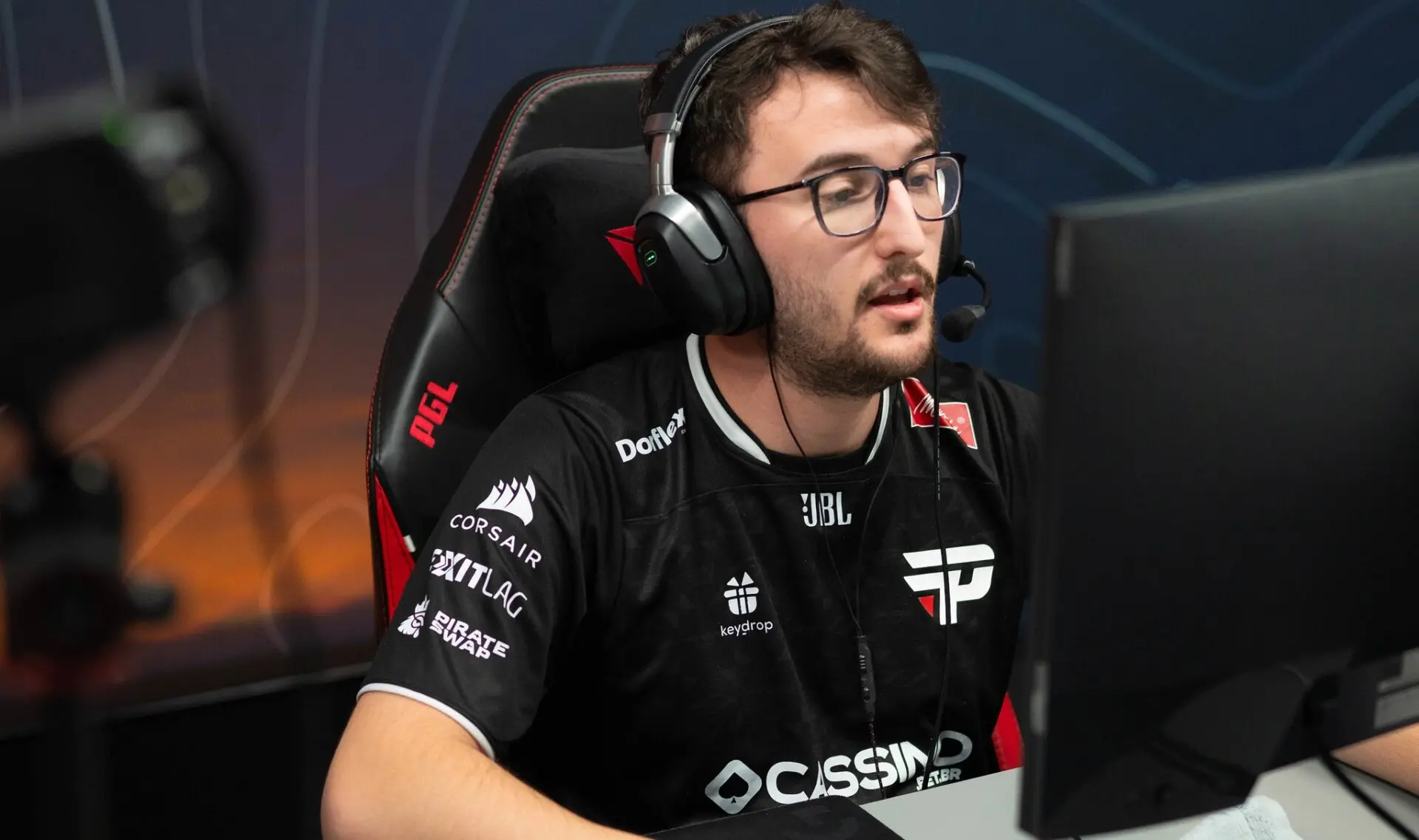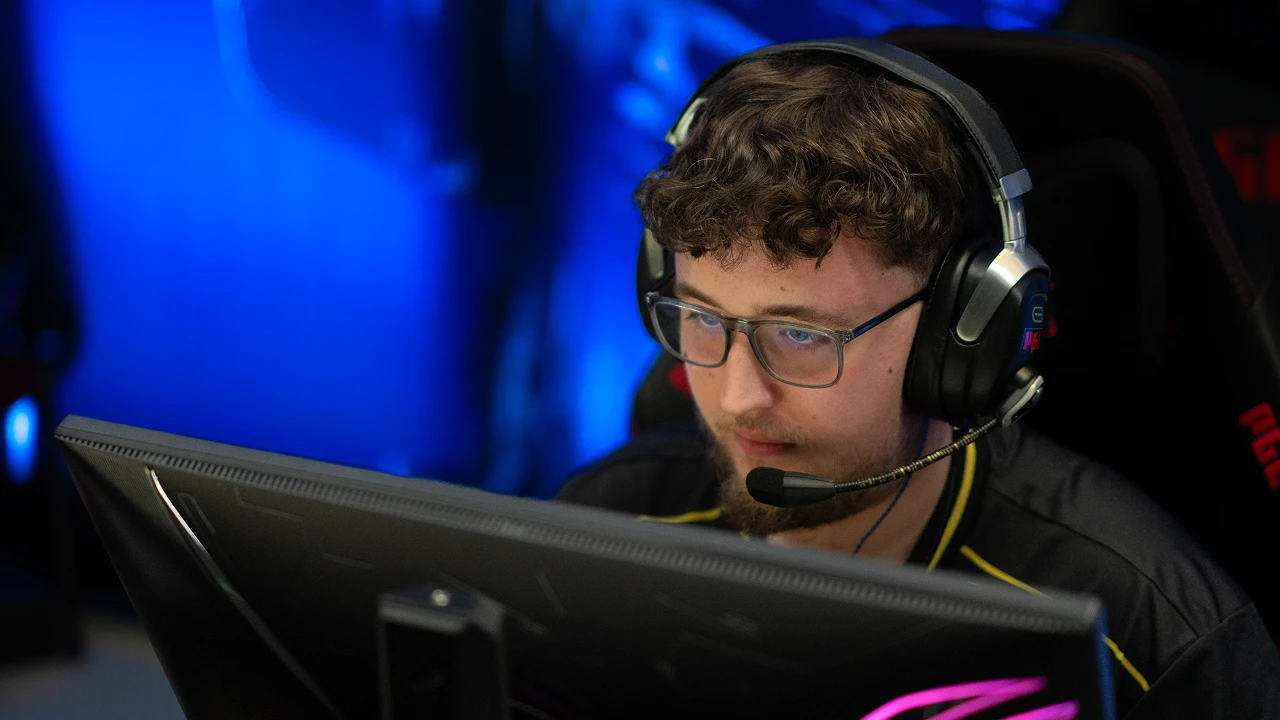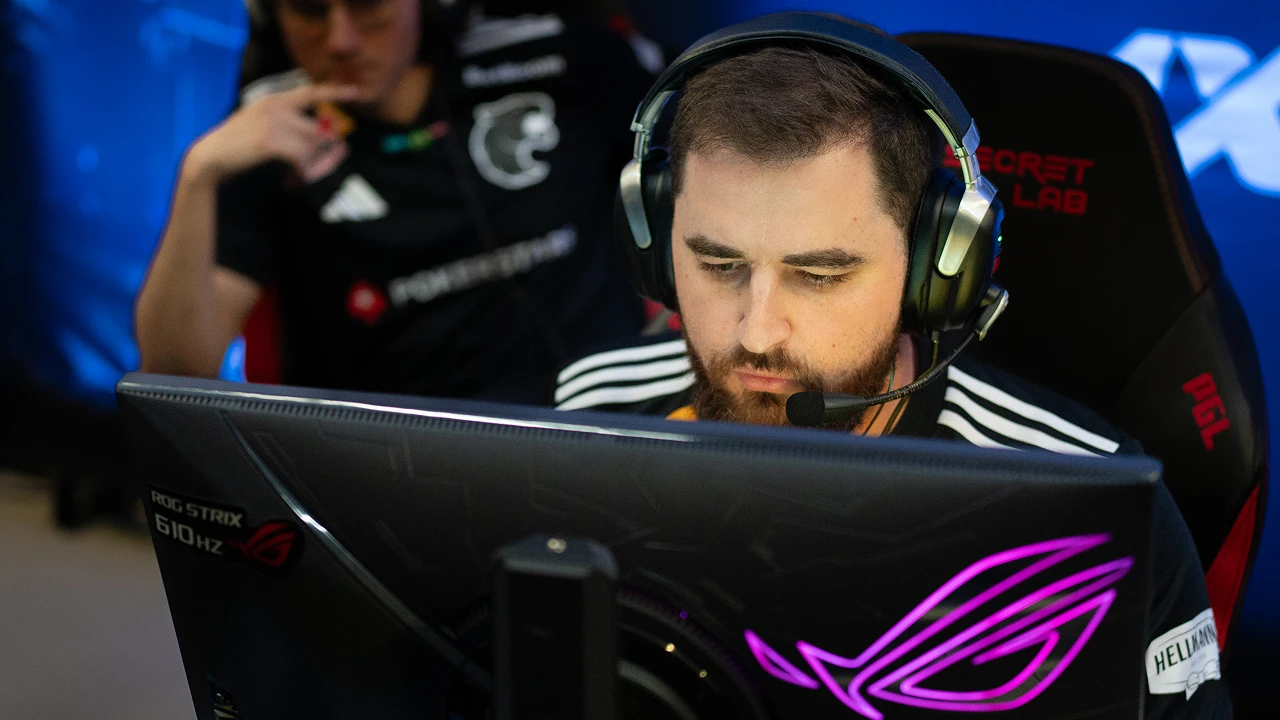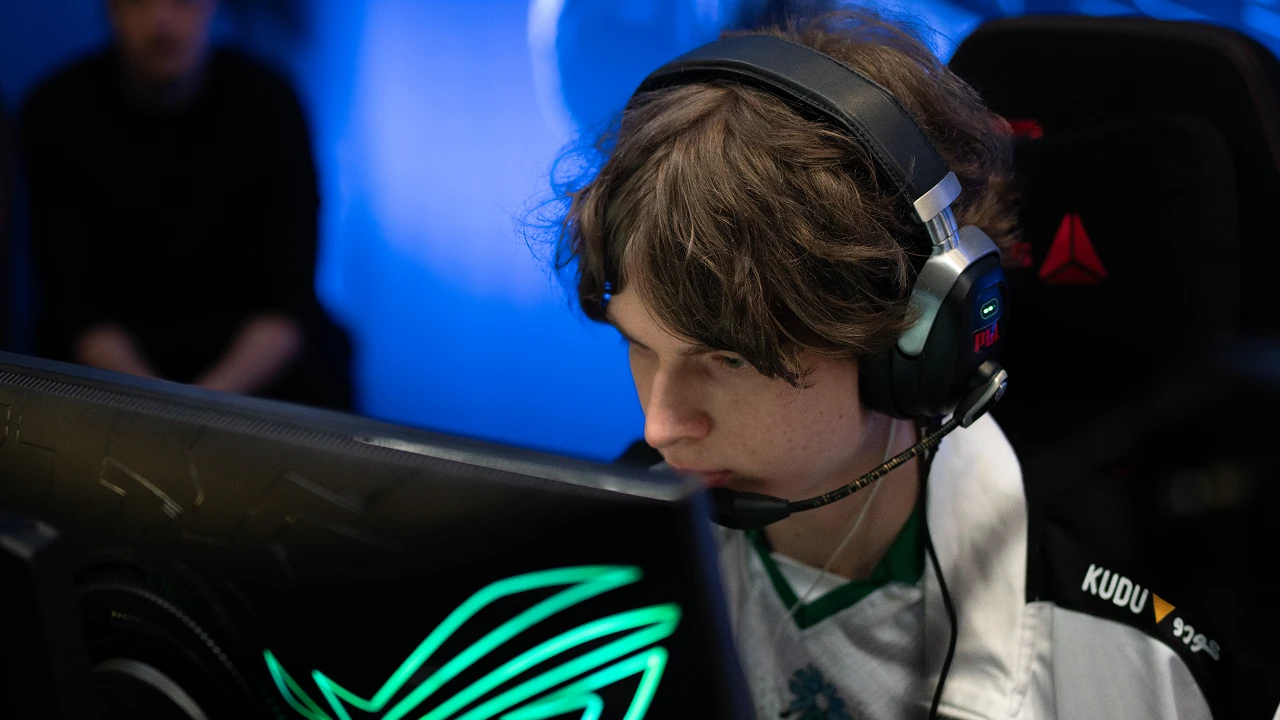The Olympic Esports Games initiative, once prepared for a large-scale debut, has been officially suspended — both sides have agreed to part ways. Yet behind the diplomatic language lies a deeper conflict of interests that could define the future of the Olympic movement’s esports ambitions for years to come.
Exposition: High expectations and the first fracture
When the International Olympic Committee (IOC) announced its partnership with the Saudi Olympic and Paralympic Committee (SOPC) in 2024, the Olympic Esports Games project seemed like a historic milestone. The plan envisioned a 12-year collaboration combining traditional Olympic values with new forms of digital sport. Saudi Arabia was to become the central hub for developing the initiative, investing billions into its own esports ecosystem and media infrastructure.
However, just a year later, the alliance that once appeared strategic has officially collapsed. The IOC and the Saudi government announced a “mutual agreement to discontinue cooperation” on the Olympic Esports Games.
read more
What happened
In its official statement, the IOC emphasized that both parties “retain their own esports plans but will pursue them separately.” The wording sounds soft, but in reality, it marks a complete shutdown of preparations for the first edition of the Games, which were expected to take place before 2027.
At the same time, according to internal sources, the decision had been forming since August, when the Esports World Cup Foundation — a Saudi-backed organization — announced the creation of the Esports Nations Cup. The new nation-vs-nation tournament was presented as a global alternative to the Olympic Esports Games, but without any direct affiliation with the Olympic structure.
How it came to this
Tensions in the partnership had been building gradually. In early 2025, the IOC announced that the launch of the Olympic Esports Games would be postponed by at least two years — to 2027. The official reason cited was the need for “deeper planning.” In reality, according to sources in European esports circles, disagreements extended to fundamental governance issues: who controls the organizational process, who selects the disciplines, and whether international esports federations would be involved.
The key stumbling block became the issue of federation control. The IOC insisted on cooperation with international bodies such as the International Esports Federation (IESF) or the Global Esports Federation (GEF) to preserve Olympic transparency standards. The Saudi side opposed this, as neither organization holds intellectual property rights for game content and both have controversial financial reputations.
Under the original plan, Saudi Arabia intended to establish its own federation that would oversee the format and regulations of future Games. This model had been approved under the IOC’s previous leadership, but following a change in presidency, the committee’s position shifted dramatically.
Game Over: The International Olympic Committee (@iocmedia) and the Saudi Arabian government have mutually agreed to kill the 12-year contract for the Esports Olympic Games. We dive into why this happened, with the help of multiple sources.
✍🏼 @jfudge https://t.co/yh5W2AMaZK pic.twitter.com/skUbVWcwVW
— The Esports Advocate (@TEAdvocated) October 30, 2025
Internal causes: Politics, gender, and control
The new IOC administration adopted a stricter stance on political influence from partners. A document discussed at the latest negotiations placed particular emphasis on the principles of “democratic governance,” equal representation, and gender balance within the structures managing the competition. According to sources, the Saudi side was not prepared to accept such terms — particularly concerning women’s participation in leadership roles and regulation of participating nations’ composition.
Economic disagreements were also intensifying in parallel. The IOC wanted the initiative to have global representation and not be perceived as a regional project, while Saudi Arabia viewed the Olympic Esports Games as an extension of its “Vision 2030” strategy, centered in Riyadh.
What happens next
The International Olympic Committee has announced the development of a new partnership model and an updated concept for esports competitions. The organization aims to incorporate community feedback and “rethink the approach” to integrating esports into the Olympic movement.
The Saudi side, meanwhile, will focus on its own projects — primarily the Esports Nations Cup and the Esports World Cup series, which are expected to become the region’s flagship esports events.
Analysts suggest that the IOC may attempt to revive the initiative in cooperation with other global partners, such as Singapore or South Korea, both of which have long promoted esports in a structured, sports-oriented format.
read more
What it means
The split between the IOC and Saudi Arabia is more than the termination of a contract — it represents a struggle for control over the future of esports as a discipline. Saudi strategy is built on a centralized investment-heavy model, while the IOC seeks to maintain the ethical and governance standards that define the Olympic movement.
In the short term, this rift slows the creation of a “unified Olympic ecosystem for esports.” But in the long run, it could lead to a more balanced, multipolar model, where key regions compete not only in the games themselves but also for the right to shape the future of the entire industry.












































